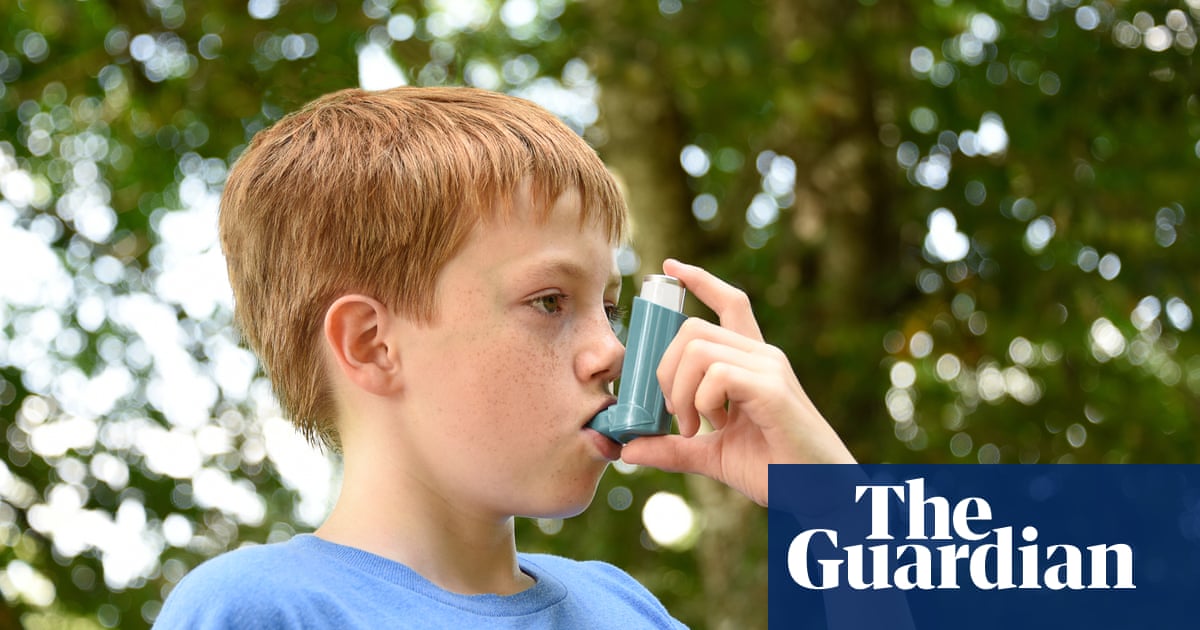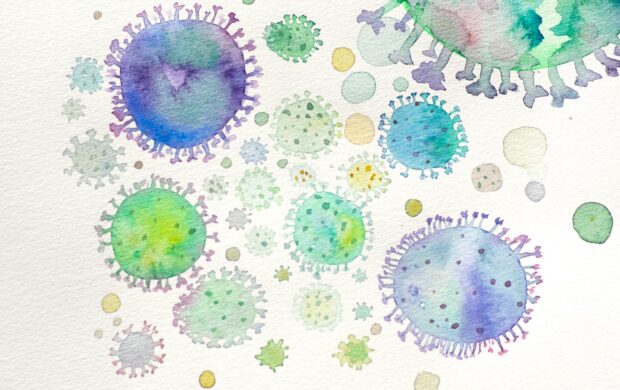Separate studies carried out in the US and the UK have shown that climate change is lengthening the duration of the pollen season and increasing its severity due to increased pollen concentrations. The studies have revealed that increases in mean annual temperature and increased levels of CO2 were the drivers of this trend, increasing pollen season severity by up to 60%. This will have a major impact on future respiratory health resulting in disrupted work and schooling which in turn puts more pressure on health systems and the economy.

So what?
Whilst the future for allergy suffers sounds all doom and gloom, the UK mathematical model could help to predict forecasts for the extent and severity of the grass pollen season months in advance. This could change the way both allergy sufferers and health care professionals deal with allergies, leading to more preventative measures. Medication could be prescribed in advance, holidays and travel can be planned around peak episodes, and perhaps even school exam timetables can be shifted so that children who are affected by severe hayfever are no longer disadvantaged.
Sources
-
 New Models Improve Long-Term Grass Pollen Forecasts https://www.the-scientist.com/news-opinion/new-models-improve-long-term-grass-pollen-forecasts-68603
New Models Improve Long-Term Grass Pollen Forecasts https://www.the-scientist.com/news-opinion/new-models-improve-long-term-grass-pollen-forecasts-68603 -
 Fears climate crisis could increase allergy season severity by up to 60% http://www.theguardian.com/society/2021/mar/26/fears-climate-crisis-could-increase-allergy-season-severity-by-60-percent
Fears climate crisis could increase allergy season severity by up to 60% http://www.theguardian.com/society/2021/mar/26/fears-climate-crisis-could-increase-allergy-season-severity-by-60-percent -
 Climate change is making pollen season — and your allergies — worse https://www.cnn.com/2021/02/12/health/climate-change-allergies-wellness/index.html
Climate change is making pollen season — and your allergies — worse https://www.cnn.com/2021/02/12/health/climate-change-allergies-wellness/index.html











Join discussion